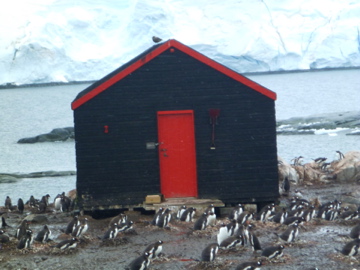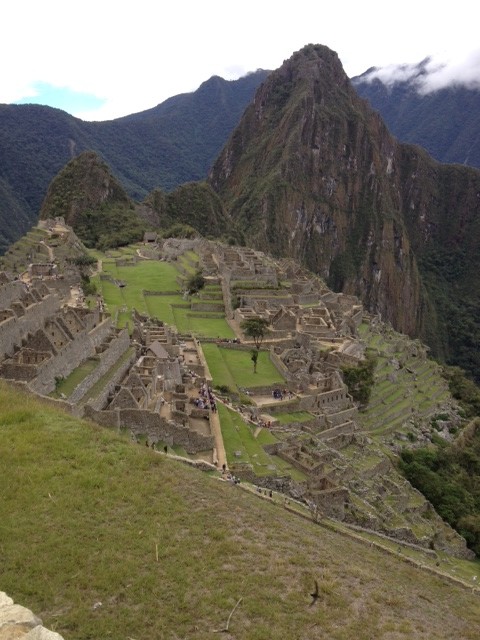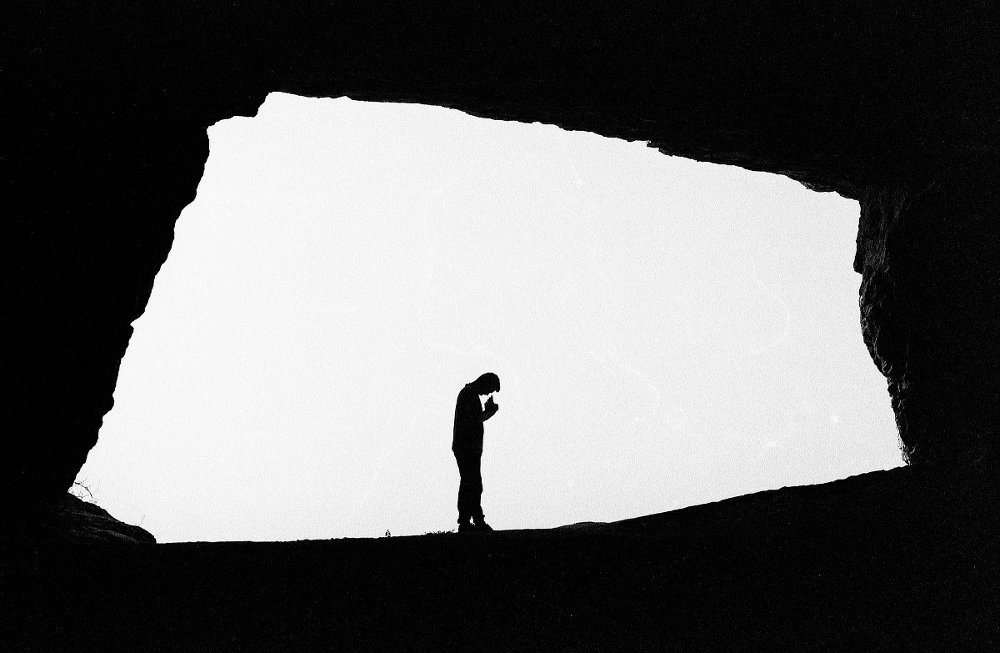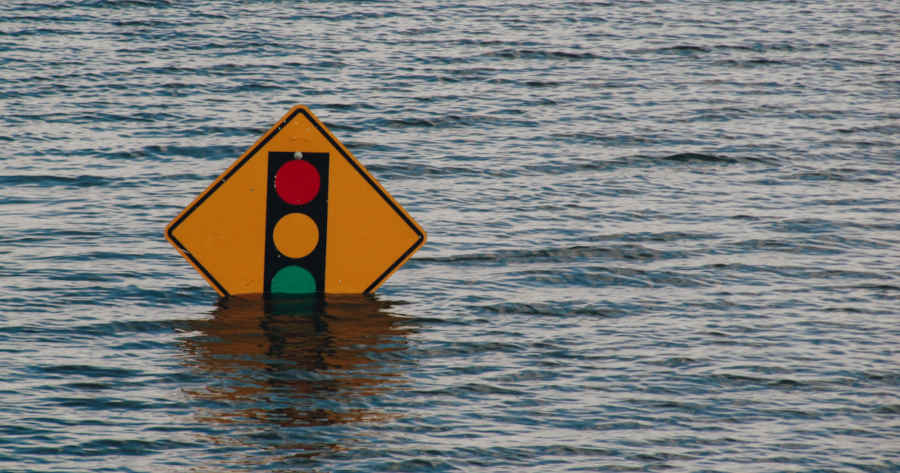“I am incapable of conceiving infinity, and yet I do not accept finity.” Simone de Beauvoir
“To see a world in a grain of sand and heaven in a wild flower, hold infinity in the palm of your hand and eternity in an hour.” William Blake
“In the social jungle of human existence, there is no feeling of being alive without a sense of identity.” Erik Erikson
“If I ever found a place where I belonged, that in itself would be an identity crisis to me.” Mitski, an American singer and songwriter
On April 8, 2024, the day of the Great Eclipse, people around the world experienced the differential effects of identity and infinity. Children, adults, republicans, democrats, blacks, browns, and whites all experienced the magical, mystical and mysterious possibilities in our ever-expanding universe. This is what happens when infinity dominates.
On the other hand, Paul Krugman, the Nobel Prize winning Economist who writes for the New York Times, concludes that “ These days, Americans’ views of the economy tend to be determined by political affiliation rather than the other way around.” He suggests that our political identity determines how we view the world and can somehow turn a remarkable recovery into a dismal failure. This is what happens when identity dominates.
I love it when there are timely examples for timeless topics.
Actually, there are many examples of how attachments to the infinite can limit our ability to see the benefits of identification AND how over-identification can limit our ability to see infinite possibilities. For instance, many people feel trapped by the sexual identities assigned to them at birth. And yet, there is an infinite variety of combinations to express our sexual identity as well as our sexual orientations. For example, a person might be assigned as a male at birth, identify as a female, and be sexually attracted to both males and females. Why would we let someone else put a label on us that keeps us from expressing who we are and to whom we are attracted? I’m certainly not going to the Vatican for an answer to that question.
Strangely, the MAGA movement attracts many people who identify as cultists, evangelicals, gangsters, cowboys, Proud Boys, anti-elitists, or billionaires. Wow, what a mix. Part of the reason the ex-President has been able to garner so much support is because he appeals to a wide range of over-identified people. And yet, those identifications can prevent them from hearing the possibilities for good AND for evil that could result from this next election. The “former” has very cleverly tapped into multiple buckets of rage, fear, and hate to con his “followers” to support him. We, in the progressive camp (yes, we can be overidentified too), can only count on the intelligence and diligence of enough people knowing the real truth to have any chance of winning. That’s one scary bet.
If I haven’t pushed enough buttons to keep you from reading the rest of this post, here’s what the literature says about identification and infinity.
The human experience alternates between two fundamental concepts: identity and infinity. Identity signifies the process of defining, labeling, and categorizing ourselves. It provides a sense of stability and belonging, a fixed point in the ever-flowing river of existence. Infinity, on the other hand, embodies boundless possibility and potential. It represents the vast, uncharted territories within and beyond ourselves. Examining the psychological impact of these contrasting perspectives reveals the potential for both limitation and liberation.
Identity acts as a psychological container, shaping our self-perception and guiding our interactions with the world. It encompasses our beliefs, values, social roles, and past experiences. Labels like “artist,” “parent,” or “introvert” provide a sense of coherence, allowing us to navigate social situations and make decisions. However, an overemphasis on identity can become a cage. A rigid attachment to labels can stifle exploration and growth. We may limit ourselves based on the perceived limitations of our predefined identities. This can lead to anxiety, a fear of stepping outside the limiting, but familiar, boundaries of self, and a reluctance to embrace new experiences.
In contrast, infinity represents the realm of possibility. It embodies the vastness of the human experience, the endless potential for growth and change. It speaks to the boundless creativity within us, the capacity to learn, adapt, and reinvent ourselves. Embracing infinity encourages exploration, a willingness to step outside our comfort zones and pursue new passions. It fosters a sense of agency, the belief that we are not defined by our past or by identities imposed upon us but that we are constantly evolving, growing, and unfolding through choices and experiences.
Psychological research overwhelmingly supports the liberating effects of embracing possibility. These studies have shown that individuals with a “growth mindset,” who believe their abilities can develop, demonstrate increased resilience, perseverance, and achievement compared to those with a “fixed mindset,” who view their abilities as static. Openness to experience, a personality trait associated with a willingness to explore novel ideas and situations, is linked to greater creativity, adaptability, and well-being.
A complete rejection of identity, however, can be equally detrimental. A sense of self provides a foundation for meaning-making. Without a core set of values and beliefs, individuals can experience identity confusion and a sense of being adrift. The key lies in striking a balance. Identity provides a roadmap, but it should not become the only path. By embracing the dynamism of infinity, we can use identity as a starting point for exploration, not a restrictive endpoint. We can acknowledge our psychological hard-wiring and the roles we play while remaining open to discovering new facets of ourselves.
Thus, identity and infinity are not opposing forces but complementary aspects of the human experience. Identity provides a stable foundation, while infinity beckons us towards new horizons. By acknowledging both, we can cultivate a sense of self that is both grounded and open to boundless possibility. This allows for a more fulfilling and psychologically healthy way of navigating the complexities of life.
Simone de Beauvoir is a good example of someone who refused to let her identity as a woman limit her inclinations to challenge behaviors and beliefs. While she acknowledged that she was incapable of conceiving infinity, she was not about to accept “finity.” Her philosophy is similar to what Wittgenstein describes as an inability to find language that fully captures esoteric or ineffable ideas.
Having been introduced to William Blake over 50 years ago while I was serving in Vietnam, I have been a big fan ever since. Blake saw the possibilities of infinity in grains of sand, in wild flowers, and in the eternity of an hour. He didn’t accept commonly held beliefs about reducing everything to its material nature. Blake was expansive. Probably a 7 on the Enneagram.
While I have always tended to embrace infinite possibilities, I am also a great admirer of Erik Erikson who claimed that it was impossible to feel alive in the social jungles in which we live without some sense of identity. As indicated in the research cited earlier, we need some sense of grounding to orient us to the world encircling us. I identify as a husband, a father, a grandfather, a helper, a seeker, a thinker, a writer, and an enthusiast. These identifications keep me from flying off into outer space—well, most of the time. One friend, who reads these posts, describes me as the “Ozone Man,” always flying off into the ozone layer. Guilty as charged.
Finally, to honor the voice of younger generations, I loved the quote from Mitski who said,
“If I ever found a place where I belonged, that in itself would be an identity crisis to me.” While that’s a rather provocative statement, I love the idea of questioning ourselves when we feel like we are exactly where we belong. Why do we feel that sense of belonging? Who doesn’t belong where we do?
In the book, Mindset: The New Psychology of Success, Stanford psychologist Dr. Carol Dweck provides transformative insights into the “growth mindset.” Based on decades of research, Dr. Dweck illuminates how our beliefs about our capabilities exert enormous influence on how we learn and which paths we take in life. Essentially, she shows how dramatically our success is influenced by how we think about our capabilities. Quite simply, people who believe that their abilities are fixed are less likely to flourish than those with a growth mindset—those who believe in the infinite ways that abilities can be developed.
One helpful way to think about the shift from a fixed mindset to a growth mindset and from identity to infinity is to identify less with our ego and to strive more for infinity in our Presence – small ego, large Presence. To me, that’s the key. Identification fuels our ego. Infinity fuels our Presence.
What all this boils down to for me is that it’s more important to find meaning in life by expanding our possibilities, even though, unlike space, that expansion is not infinite. While some sense of identity is critical to our well-being, our existential choice is to search for infinite meaning or to search for reassurance, reinforcement, and/or affirmation of our identity. In the end, we can only do what we can do, where we are, with what we’ve got. May it be so.
Also published on Medium.




Thank you my friend!